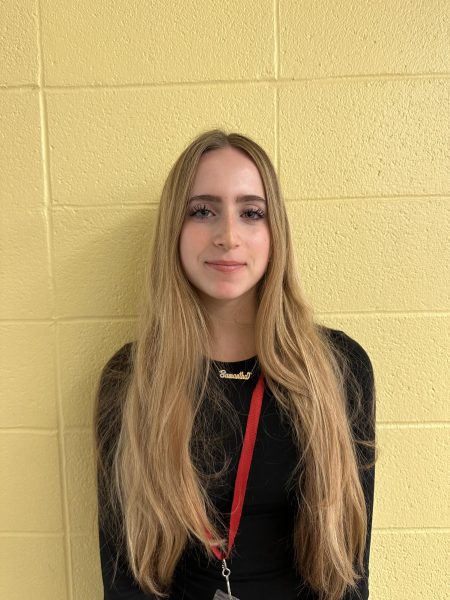Could A.I. Potentially Replace Pop Stars in the Future?

May 24, 2023
Recently, AI has experienced a surge in popularity and achieved widespread recognition, captivating attention all over the world. As most people know, AI is featured on Snapchat as “My AI,” a “friend” that is generated by a computer and that only exists on Snapchat. You can ask your My AI almost anything, and it will give you any answer. Furthermore, AI extends beyond Snapchat as exemplified by Chat GPT, an advanced computer-generated language model that has the remarkable ability to generate an extensive array of answers and responses to any question it is asked. The implications of these AI systems go beyond mere academic assistance, as they can even craft original songs utilizing the distinctive voices of various artists. This leads us to consider a thought-provoking question: could AI potentially replace pop stars in the future?
Last month, an AI-generated track using fake Drake and The Weeknd vocals went viral all over the internet. Despite the song later being removed from the internet, the song managed to create a sense of fear within the music industry regarding the future of AI. Although the AI-generated songs sound realistic, many believe that there is a lack of authenticity. Humans have the ability to express their emotions in music and add their own style, while AI-generated music lacks real emotions.
Music has the power to evoke and express a wide range of emotions including inspiration and intensity. Music also provides a means for individuals to express themselves creatively. Music includes more than just melodies and lyrics; it encapsulates emotions and evokes memories. Many people would agree that without emotion, music can feel almost lifeless. One can also argue that songs created by AI are not considered original since they are based on older trends.
Moreover, music is not solely about the end result; it is about the process and journey of creating it. Artists pour their heart and soul into their music, spending countless hours perfecting the lyrics and melodies. This level of personal touch is what connects listeners to the music on a deeper level. On the other hand, AI-generated songs lack the genuine connection that comes from an artist’s personal experiences and expression.
Furthermore, the music industry flourishes due to distinctiveness and individuality exhibited by every artist. Fans are not only attracted to the music itself, but also to the artist’s persona, stories, and profound messages conveyed through his or her songs. Although AI has the capacity to imitate the voices of renowned artists and produce infectious melodies, it is incapable of reproducing the same divine qualities that original music holds. These qualities are what make live performances at concerts exhilarating and unforgettable.
While AI continues to advance and contribute to various aspects of our lives, music remains deeply rooted and defined by the human experience. AI may be helpful in assisting artists in the creative process, but it cannot fully replace the raw talent, passion, and authenticity that humans bring to the world of music. The real magic of music lies in the ability to connect people on an emotional level, and that is something that only human artists can fully achieve.
















































































































































